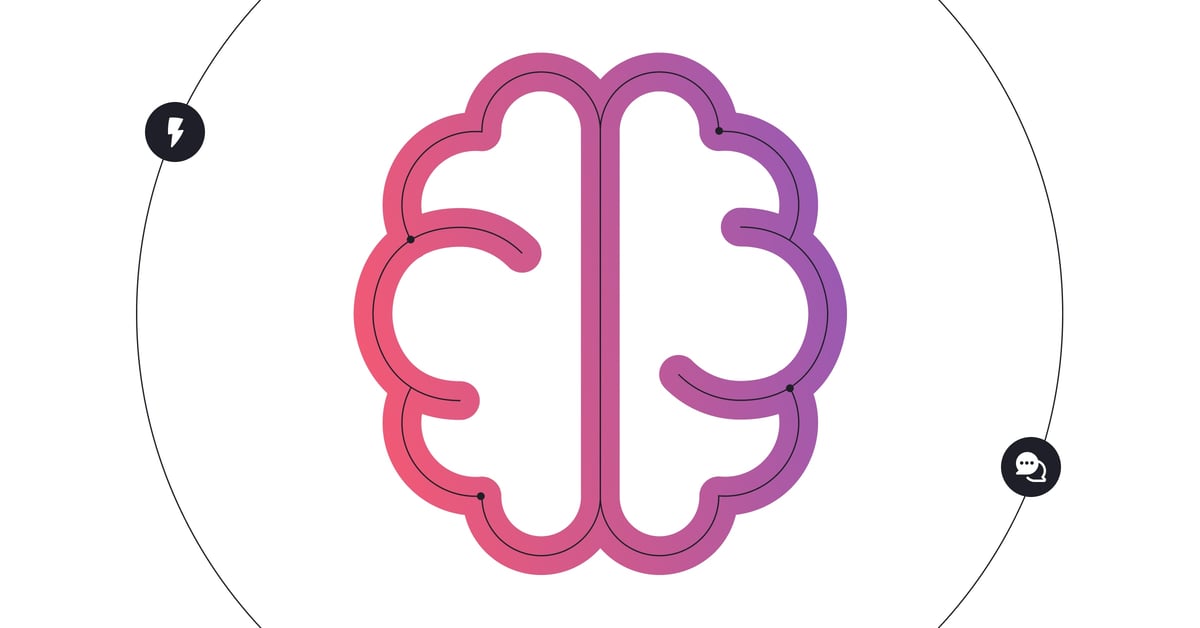How bad tech fosters churn
CX expert Shep Hyken had a very frustrating conversation recently. He was chatting with a support agent for a computer hardware website he’d frequented for years, and the conversation went like this:
“How can I help you?”, asked the agent.
“How does your docking station charge the computer when it’s plugged in?” replied Shep, wanting to determine if it required any additional hardware.
“Which computer do you want to buy?” the agent responded.
“Does the docking station charge the computer when it’s plugged in?” asked Shep.
“Which computer do you want to buy?”, replied the agent.
This went on for a few minutes until Shep — who had been a loyal customer of this brand for years — decided to shop around for another site on which to buy his docking station. Like 32% of customers interviewed for a report by PwC, Shep switched to another brand after just one bad experience. And outdated chatbot technology is what drove him away.
32% of customers are more likely to switch to another brand with just one bad experience.
- PwC
Shep had the misfortune of chatting with a traditional, first-generation chatbot. These old-school chatbots are programmed with a conversation tree, and know to respond Y when a customer asks X. But they’re not particularly good at going off-script.
If a user’s question strays from a keyword or preset phrase by even a single letter or word (ie. rather than asking “How do I change my phone number?” they ask, “How can I change my mobile number?”), the bot gets stuck, and has no idea how to respond. The customer then gets trapped in a chatbot loop that leads them nowhere but off the site, and off to spend their money with a competitor.
What’s the difference between chatbots and virtual agents?
IVAs: harnessing the power of AI
Enter intelligent virtual assistants, also known as (intelligent) virtual agents, or IVAs.
Virtual agents could be called chatbots, technically, but they’re very different from the scripted chatbots of yesteryear.
The biggest difference is that they’re AI-powered, meaning they can read and understand customer questions using a technology called Natural Language Processing (NLP). Using this technology, they can even respond to questions they’re not explicitly programmed to understand. Plus, deep learning allows them to grow their intelligence and vocabulary with every customer interaction.
Learn more about the way IVAs will revolutionize CX
It’s why virtual agents have now entered the mainstream, and are already being adopted across all industries, by the likes of Finnair, Telia, Tomorrow, and Superbet. And we can only expect more companies to onboard their own virtual agents as the technology becomes increasingly more sophisticated, making chatbot loops like the one Shep Hyken experienced a thing of the past.
